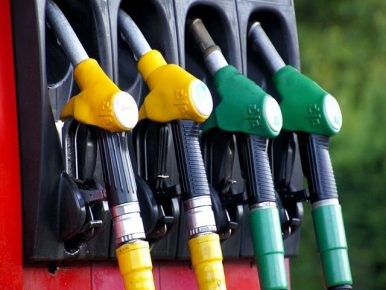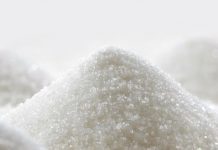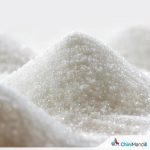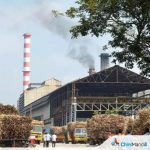New Delhi [India], February 15 (ANI): As the fuel prices continued its upward spiral, SC Mishra, former Secretary, Ministry of Petroleum and Natural Gas said the economic situation has improved since 2020 and the central government should have given a relief of Rs 12 per litre on petrol and Rs 14 per litre on diesel to the common man.
Mishra underlined the fact that the government had raised the taxes on petrol by Rs 12 per litre and on diesel Rs 14 per litre, twice in March and May 2020, to garner extra revenue.
Adding to this, Finance Minister Nirmala Sitharaman levied an additional agriculture Infrastructure and Development Cess (AIDC) of Rs 2.5 per litre on petrol and Rs 4 per litre on diesel in the Union Budget presented on February 1.
Talking to ANI, Mishra said the government finds fuel an easy commodity to tax.
“Both state governments and central government are quite happy to tax fuel and raise revenues for their various activities. I was, of course, expecting that the increase in tax, which was imposed by the central government in months of March and May, when the crude prices had come down, would be removed once things are normalised. Now that the crude prices have gone up to the earlier position of USD 60 per barrel, the government would have given a relief of Rs 12 per litre on petrol and Rs 14 per litre on diesel,” he said.
The former Secretary said since the state taxes are also levied there should have been some decrease in the state taxes also.
“So, the net benefit to the consumer would have been in the range of about Rs 15. But unfortunately, the Government of India, maybe due to their own considerations of raising other revenue sources, they have continued to have high taxes on petrol and diesel,” he stated.
Elaborating about the taxes levied on petrol and diesel, Mishra said the actual refinery rate price for petrol or diesel is between Rs 30 to Rs 31 per litre.
“The tax by Government of India on petrol is about Rs 33 per litre and diesel by about Rs 32 per litre. On top of it, there is Rs 2.5 per litre dealer commission for diesel and Rs 3.5 per litre on petrol. Adding all these prices state governments also imposed their Value Added Tax (VAT), which is in percentage terms and varies from Rs 15 to Rs 25 per litre,” said the former secretary.
So, being a commodity, which is available internationally at about Rs 30 to Rs 32 per litre, Mishra said Indians are paying for it between Rs 80 to Rs 90 per litre.
He added that the effective rate of tax comes to about 150 per cent to 200 per cent on both petrol and diesel.
“This is one commodity, which all finance ministers love to tax. This is a tax, which is very easy to collect. There is no charge of collection, there is hardly any leakage, and consumption is not decreasing because this is an essential item for a developing economy. You need to consume more and more energy resources,” Mishra said.
Talking about LPG and kerosene, Mishra said earlier there was no tax on these commodities.
“I think the position may be the same or they may tax, but not much. The reason that the prices are going up for LPG is that LPG production in India is not adequate and we are importing fairly large quantities. I think the government can take a look at it and organise a price control on LPG,” he said.
Mishra said central and state governments will not bring LPG under GST contrary to “whatever they might be saying in public”.
“The economic situation and budget situation of states and Centre, is such that they are unlikely to bring LPG under GST in the near future,” he said.
Notably, the Centre in May 2020 has raised excise duties by Rs 10 per litre on petrol and Rs 13 per litre on diesel.
Mishra said the duty increase has not led to a fuel price change for retail consumers.
Earlier on March 14, 2020, excise duty on petrol and diesel was hiked by Rs 3 per litre. An additional Re 1 per litre was also levied on both petrol and diesel under the road and infrastructure cess. The government roughly gets Rs 13,000-14,000 crore annually on every rupee hike in excise duty. (ANI)












